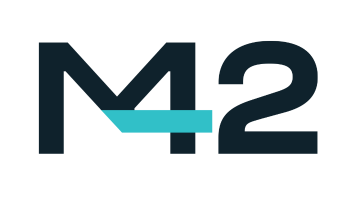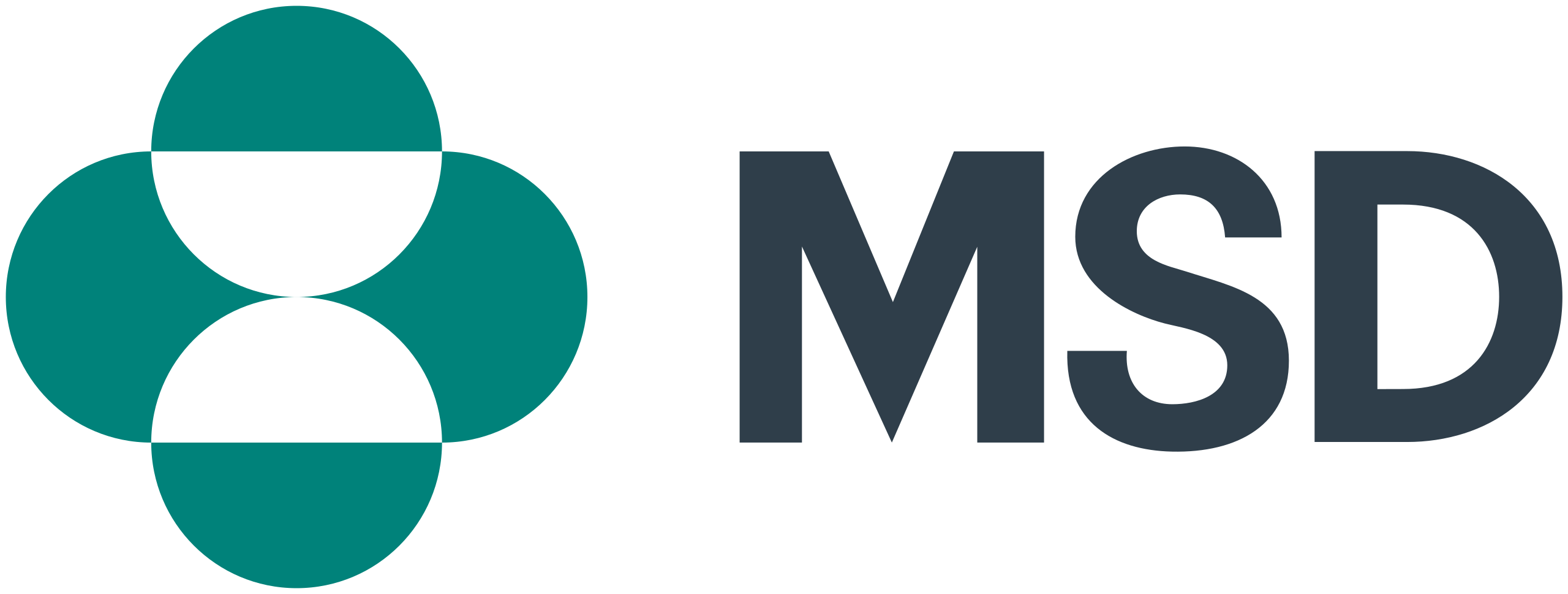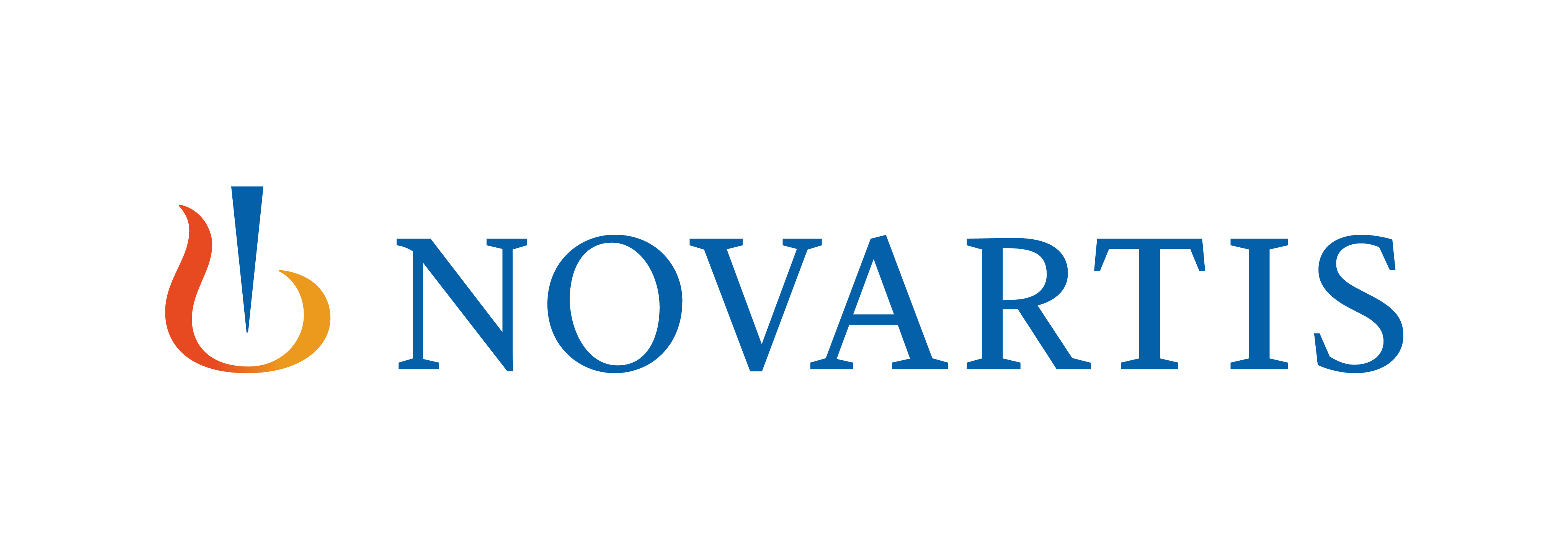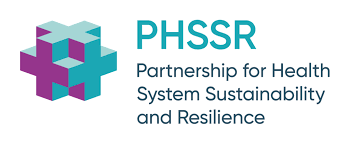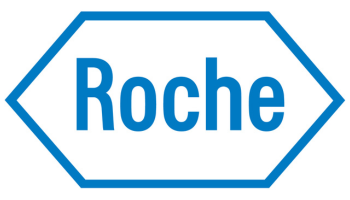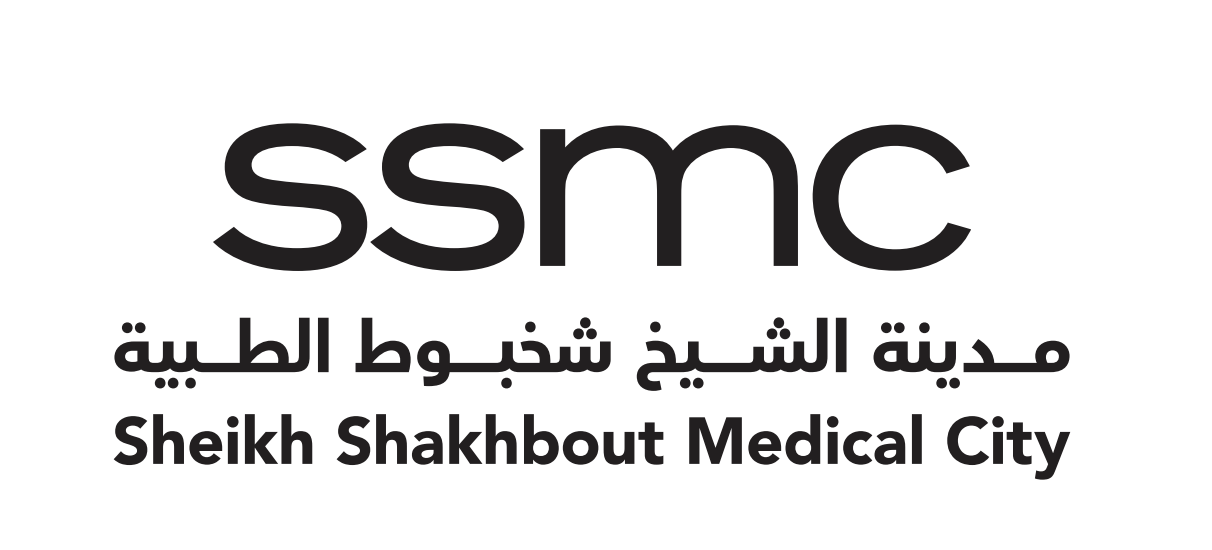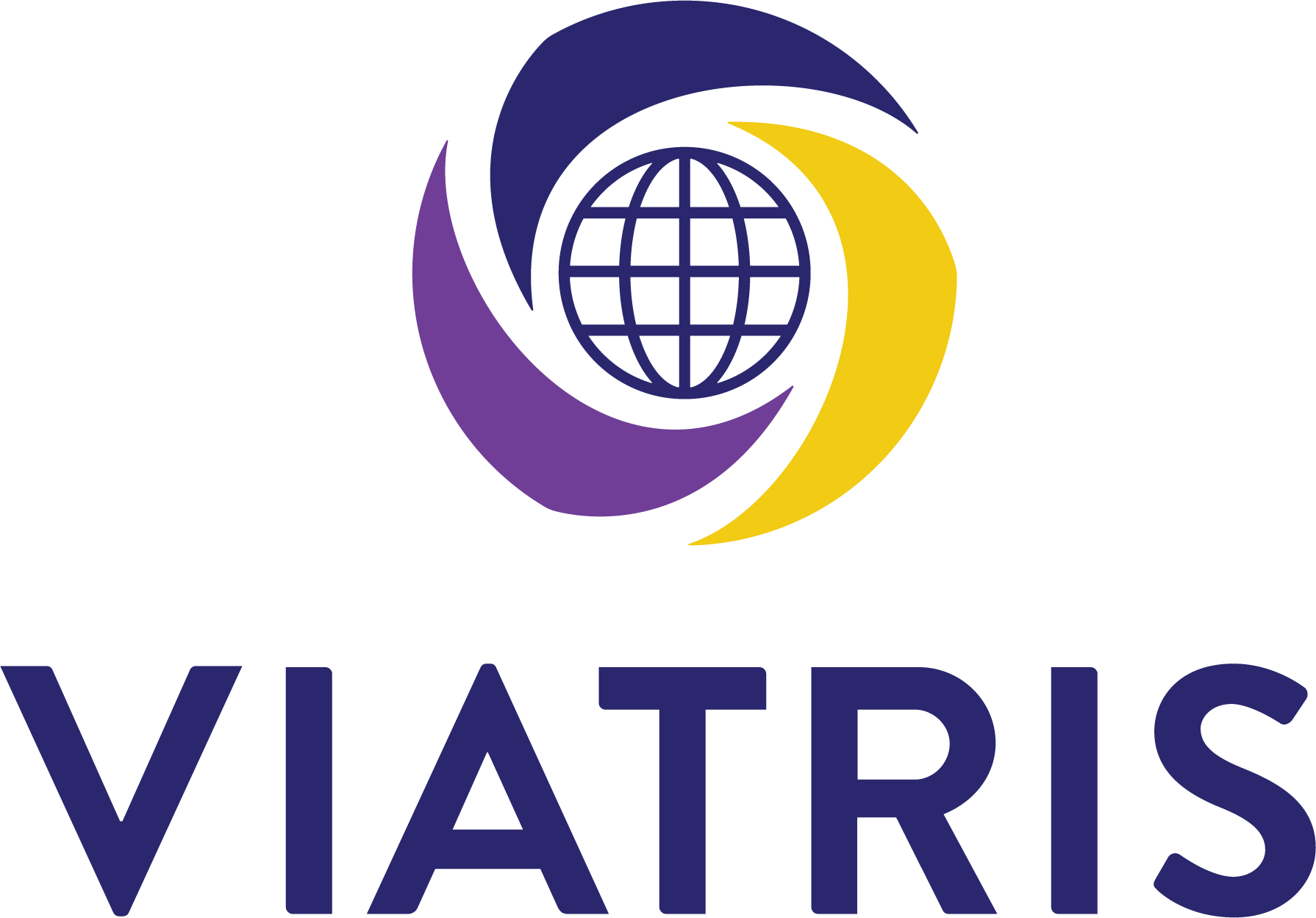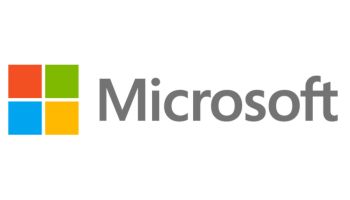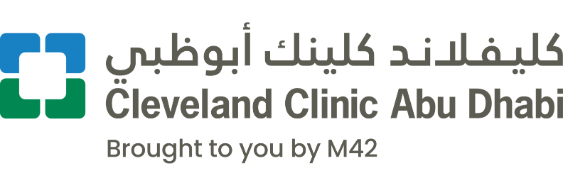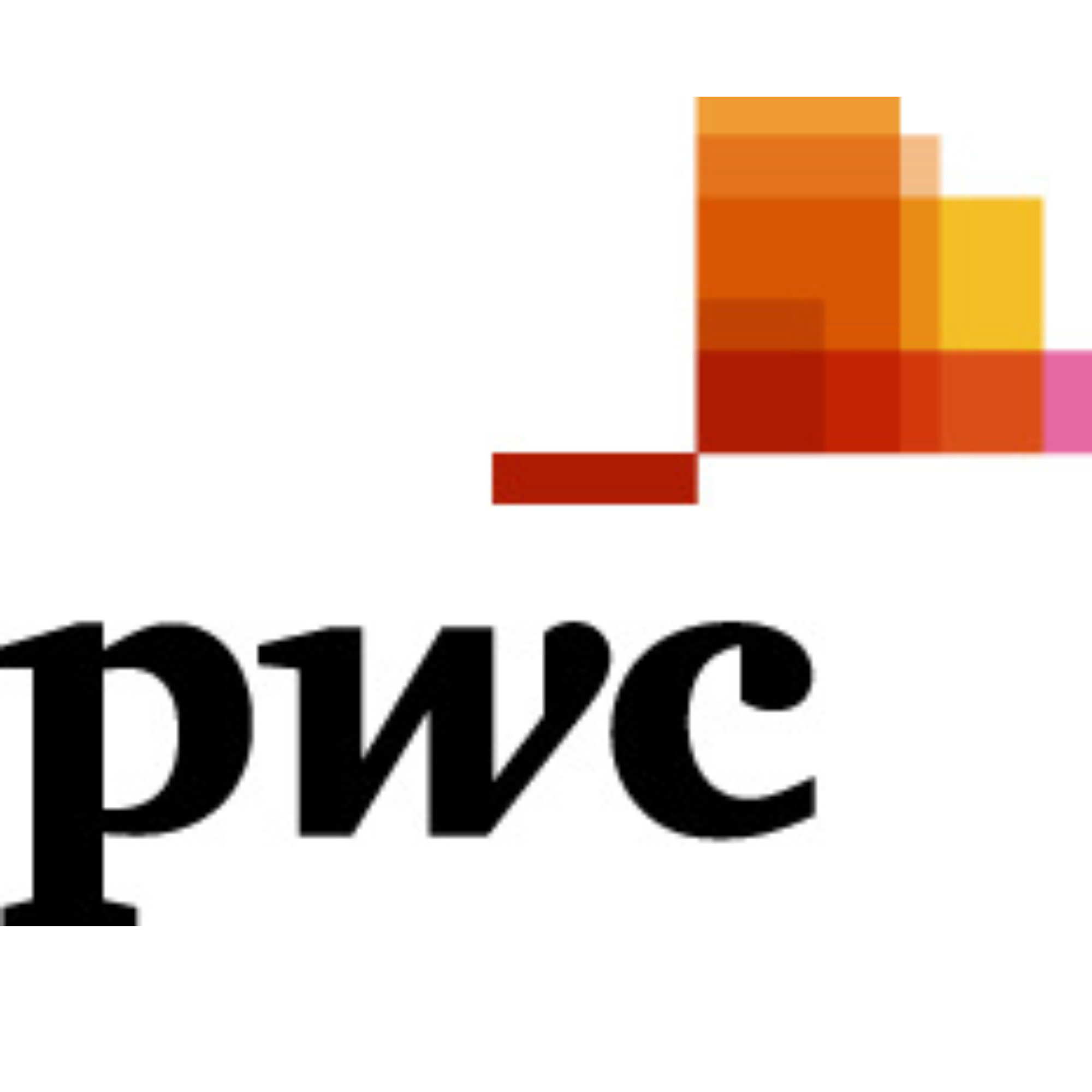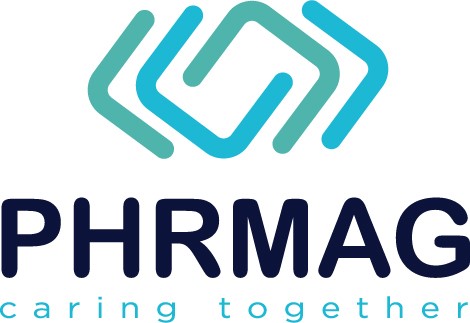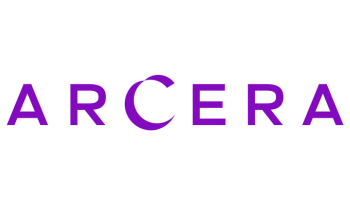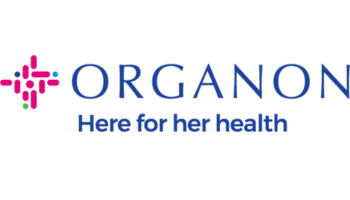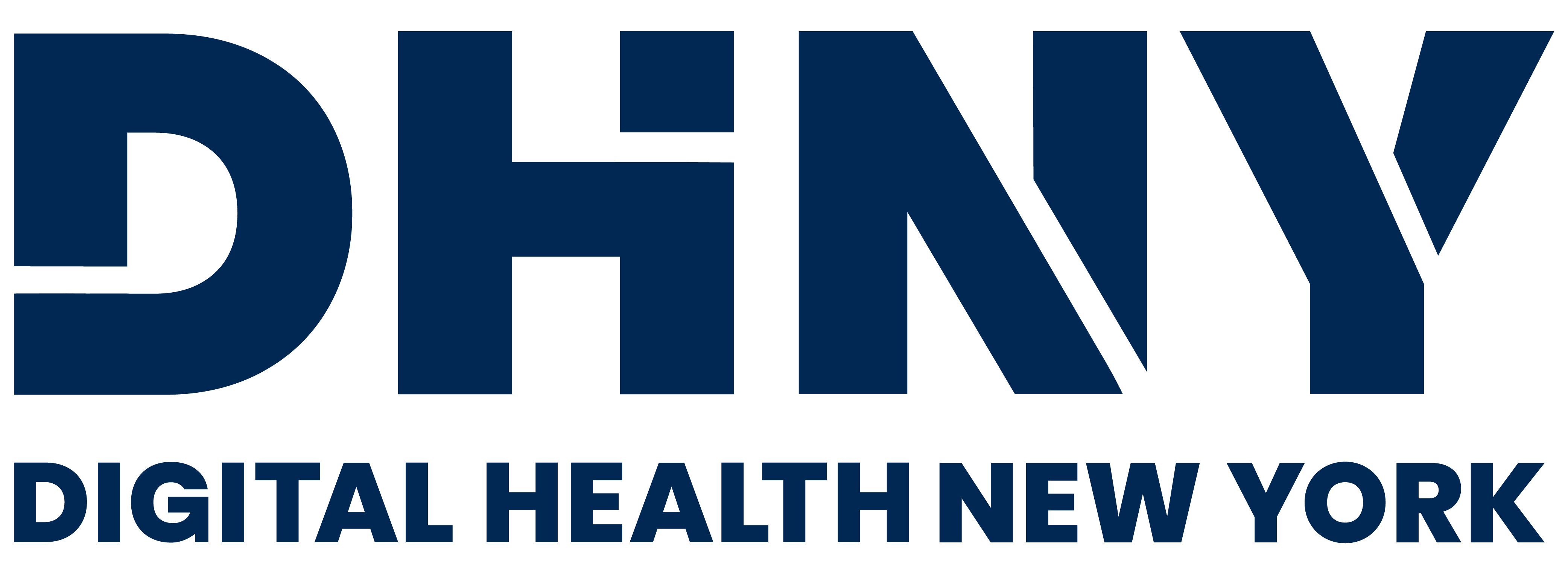تحت رعاية سموّ الشيخ خالد بن محمد بن زايد آل نهيان، ولي عهد أبوظبي رئيس المجلس التنفيذي لإمارة أبوظبي
Under the Patronage of His Highness Sheikh Khaled bin Mohamed bin Zayed Al Nahyan, Crown Prince of Abu Dhabi and Chairman of Abu Dhabi Executive Council
Why Kidney Stones Present a High Shoreside Evaluation Rate?

Ahead of World Kidney Day (14 March), MedSea, an International SOS Company, shares insights into seafarer kidney health. In 2023, a multinational study revealed that approximately 850 million people are affected by chronic kidney disease (CKD) worldwide (10%), a significant burden on global health.
The kidneys play an important role in the body, filtering waste products and excess fluids from the blood, maintaining a balance of electrolytes and producing urine.
For seafarers, kidney stones (hard deposits of minerals and salts that cluster together in the kidneys and urinary tract) are the most common kidney-related problem. They represent approximately 1-2 cases weekly, over 60% of MedSea’s urological cases. Dehydration is a common contributing factor to kidney stones but medical conditions such as diabetes, high blood pressure, gout, and previous kidney stones can also increase the risk.
SEAFARERS & KIDNEY STONES: WHAT DOES THE DATA REVEAL?
The majority (70%) of kidney stone cases require onshore evaluation. Dr Katherine Sinclaire, Senior Medical Advisor at MedSea says that ‘’The shoreside evaluation rate is significantly higher than that seen for most other medical categories. This is because, even if your symptoms are resolved, special imaging studies such as a CT scan or ultrasound are needed to determine if all the stones have passed. If they haven’t, it could pose a significant risk of developing renal colic further down the line. In 35% of cases, the kidney stones are not passed quickly, and the seafarer needs to return home for treatment.’’
Kidney stone severity depends on factors like the stone’s size and location and can cause various symptoms including:
- Pain: In the side of the abdomen, flank or groin. Often severe, and can come on in waves, hence described as renal colic.
- Vomiting: Due to severe pain
- Blood in the urine (haematuria): This is a common finding in kidney stones but often is not visible to the naked eye and can only be detected on a urine strip test, hence the importance of having these simple tests on board.
- Pain or difficulty when urinating
Often the body can pass kidney stones on its own, however, sometimes they require intervention such as surgery or using shock wave therapy to break them into smaller pieces.
A kidney stone that does not pass may obstruct urine flow resulting in back pressure on the kidneys, which can cause kidney damage.
OTHER TYPES OF KIDNEY PROBLEMS
Although kidney stones are most seen onboard, advocacy for kidney health as a whole, among seafarers is very important. Other kidney-related issues include:
• Urinary Tract Infections (UTIs): UTIs can affect different parts of the urinary tract, including the bladder, urethra and kidney. Keeping well hydrated can often prevent these infections and treating them onboard is possible when detected early.
• Chronic Kidney Disease: A progressive condition where the kidneys gradually lose their function over time. The most common causes are poorly controlled diabetes and high blood pressure.
Illnesses affecting the kidneys and urinary tract can present with a variety of symptoms such as pain in the abdomen or kidney area, problems passing urine or even non-specific symptoms such as vomiting or fever.
TIPS FOR MANAGEMENT TO HELP PREVENT KIDNEY ISSUES AMONG EMPLOYEES/SEAFARERS
Given the pain and potential for complications, kidney issues pose wider implications to productivity and work safety. Management should consider the following, to encourage kidney health and mitigate kidney stone cases.
Education and Awareness:
• Raise awareness about common signs and symptoms.
• Provide crew members with informational materials.
Hydration and Nutrition:
• Promote adequate water intake.
• Provide/encourage balanced meals with essential nutrients.
Control of Underlying Risk Factors:
• Control of medical conditions that are risk factors for kidney stones will help to. prevent them from forming.
Emergency Protocols:
• Equip crew with knowledge on handling kidney-related emergencies.
• Ensure seafarers obtain medical advice early and often to manage the situation effectively.
By implementing preventive measures and fostering a culture of health awareness, you can safeguard your seafaring workers and ensure smooth voyages.
Source: mededgemea.com


